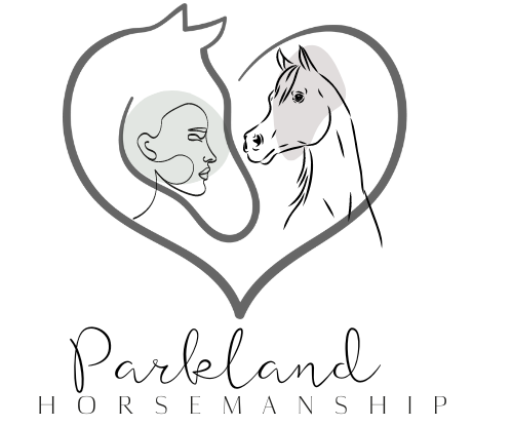Equine Assisted Learning (EAL) is an experiential approach to education that utilizes horses as teaching aids in developing life skills for educational, professional and personal goals. EAL sessions are led by educators in conjunction with certified equine specialists in learning.
Good sessions appear almost effortless – this is due to participants focusing on their horses rather than worrying about other details behind the scenes, which often can go wrong.
Lessons
Participants learn life skills such as trust, leadership, teamwork and responsibility during one hour sessions with horses. Our aim is to help them ACHIEVE their goals through activities with horses while building self-worth, resilience and independence.
Horses are highly social animals who desire human connection. They respond to subtle cues and can detect incongruence (the difference between what people project to others and what’s really going on inside), providing feedback in an indirect and non-defensive way that can assist people learning to become self-aware and empathic.
Tufts University researchers at Cummings School of Veterinary Medicine have discovered that adults living with dementia enjoy greater mental and physical well-being when participating in equine assisted learning programs, including EAL sessions led by professionals or volunteers and taking place within barn/farm environments. Researchers concluded this result by conducting tests using simulation technology. EAL sessions also increase engagement and cognition levels of older adults by engaging them more fully with learning objectives through horses.
Interactions
Horses are highly sensitive animals who can sense humans’ body language and emotions, making them ideal teachers to remind us how important it is to remain present and aware during stressful situations.
As well as offering immediate feedback in a nonjudgmental way, these activities provide instantaneous feedback that assists people in recognizing and processing negative patterns of behavior or thought. Through these exercises, individuals develop skills such as self-advocacy, empathy, leadership abilities and problem-solving which become “muscle memory”.
EAL participants engage in goal-oriented horse activities with no riding involved. Activities may include grooming, tacking (preparing a horse for riding), and walking through an obstacle course with horses selected specifically to meet individual goals of participants. Each session is led by either a Master’s in Counseling graduate student or credentialed behavioral health professionals to ensure participants learn key life lessons that benefit them in daily life. Riding is not involved. Sessions are overseen by experienced professionals.
Feeding
EAL provides participants with an opportunity to learn the fundamentals of caring for a horse while simultaneously developing responsibility and teamwork skills. A trained facilitator guides this learning session while processing any feelings or behaviors that arise from this experience; unlike hippotherapy where an occupational or physical therapist guides riders during therapeutic horseback riding sessions.
Working with horses is an excellent way for individuals with Autism, Asperger’s or other behavioral disorders to build trust and confidence. Horses provide non-threatening yet tranquil interaction that allows individuals to experience new experiences while learning non-verbal social cues, leading to increased self-awareness and communication as well as more productive workforce performance. Their calming influence reduces stress levels while improving moods; plus horses offer immediate feedback – an effective teaching tool for people living with disabilities.
Cleaning
Though many may perceive horses simply as predatory animals, these amazing creatures actually can teach us many valuable lessons about ourselves and the energy around us. Horses have become adept at adapting themselves to their surroundings by tuning into what’s happening around them and feeling out their surroundings’ energies.
Participants engage with horses through guided interactions to explore their emotions and self-regulation through natural horsemanship ground skills, providing participants with a deepening of emotional boundaries to manage challenging situations in daily life.
Training that equips professionals for equine assisted learning services varies considerably, from programs restricted only to licensed therapists to open programs available to any professional with the appropriate mindset and facilitation skills. Whatever program one chooses, however, it is vitally important that both theory and hands-on practice be learned so participants are ready for any situation they encounter in real life situations. In an ideal scenario, participants find an equine assisted learning program, coach and facility that matches both their individual needs and comfort levels.

